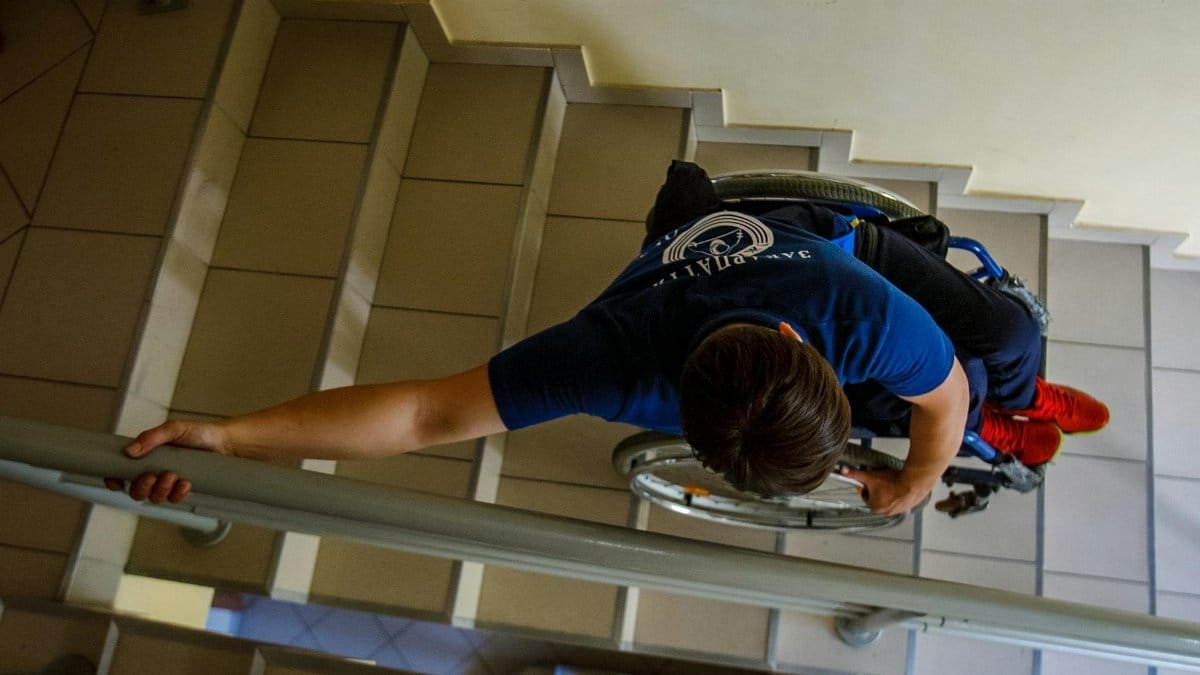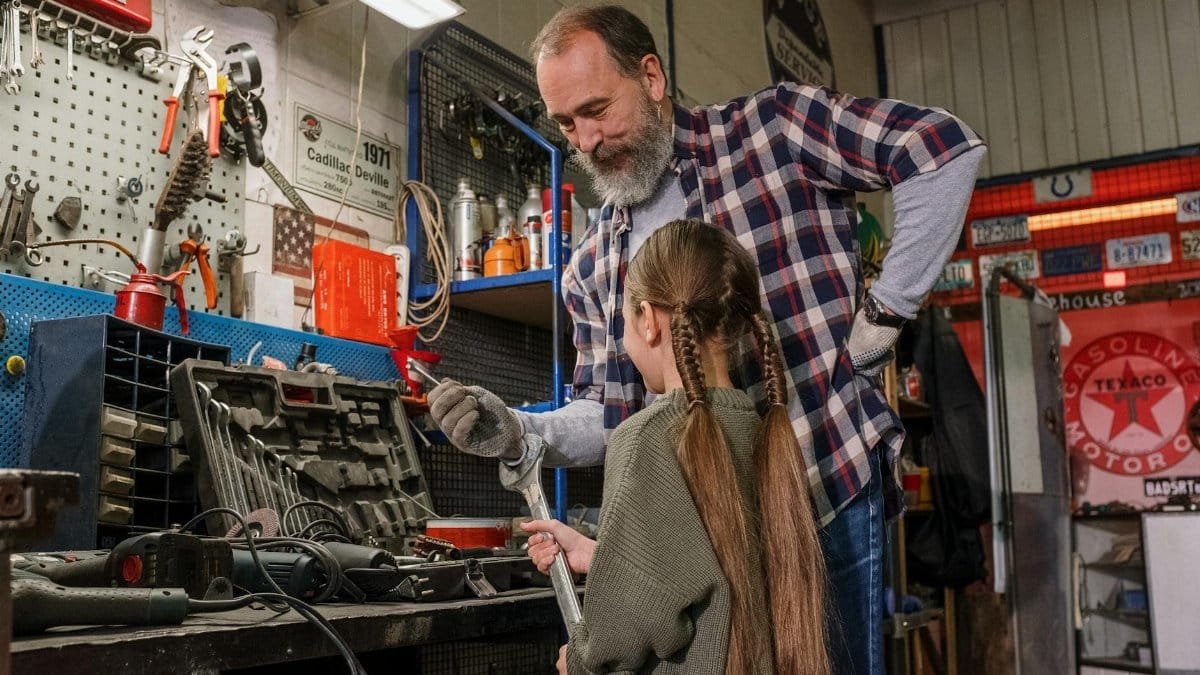Is raising kids without religion morality the bold new frontier of parenting? As more U.S. families ditch traditional faith—over 26% of Americans now identify as religiously unaffiliated, per Pew Research—parents are grappling with how to instill values, create rituals, and answer life’s toughest questions without a spiritual playbook. In 2025, this trend is only growing, with secular households seeking fresh ways to build ethical foundations. The challenge is real, but so are the innovative solutions emerging across the country.
Secular Parenting on the Rise

The numbers don’t lie. A 2023 Pew Research study found that the “nones”—those unaffiliated with any religion—are the fastest-growing demographic in the U.S., especially among younger parents. Many are choosing to raise children without religious frameworks, prioritizing personal ethics over doctrine. This shift is reshaping family dynamics, schools, and even community structures as secular values take center stage.
Morality Without a Holy Book

How do you teach right from wrong without scripture? Experts say it’s about focusing on universal principles like empathy and fairness. Dr. Jane Harper, a child psychologist, notes, “Kids don’t need religion to understand kindness—they need consistent examples and open dialogue.” Parents are turning to philosophy, literature, and real-world scenarios to build a moral compass that stands up to scrutiny.
Creating Rituals Minus Religion

Holidays and milestones often come with religious baggage, but secular families are rewriting the script. From solstice celebrations to “coming of age” ceremonies rooted in personal growth, parents are crafting traditions that resonate without invoking faith. These rituals provide structure and meaning, helping kids feel grounded in a world of big questions.
Answering the Big “Why” Questions

Death, purpose, the universe—kids ask heavy stuff. Without religious answers, parents lean on science and honesty. “I tell my son we don’t know everything, and that’s okay,” says Mark T., a father from Ohio. Resources like the American Humanist Association offer guides for discussing existential topics with clarity, ensuring kids feel secure even in uncertainty. Check out their tools at American Humanist Association.
Community Without a Congregation

Churches often provide built-in support, so where do secular families turn? Groups like the Secular Student Alliance and local meetups are filling the gap, offering connection without sermons. Online forums and events also help parents swap tips on raising kids without religion morality, proving you don’t need a pew to find your people. Learn more at Secular Student Alliance.
Challenges of Going Against the Grain

Secular parenting isn’t always smooth sailing. In heavily religious areas, families face judgment or exclusion. Kids might feel different when peers discuss faith-based events. Parents counter this by teaching resilience and critical thinking, ensuring children can navigate a world where belief systems often clash. It’s a balancing act, but one many are willing to tackle.
Long-Term Impact on Kids

What’s the outcome of this approach? Early studies, like those from the University of Southern California, suggest secular-raised children often grow up questioning norms and valuing evidence over tradition. While long-term data is still emerging, initial findings show no significant difference in happiness or ethical behavior compared to religiously raised peers. Dive into the research at University of Southern California.
Tools for the Secular Parent

Resources are growing for those navigating this path. Books like “Parenting Beyond Belief” by Dale McGowan offer practical advice, while apps and podcasts provide daily inspiration. In 2025, expect even more tailored content as demand spikes. Secular parenting isn’t just a trend—it’s a movement redefining how values are passed down.
